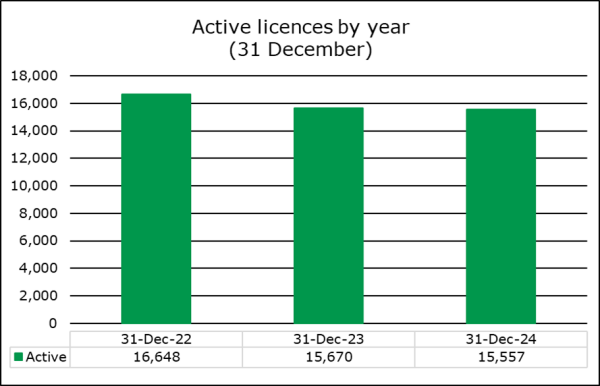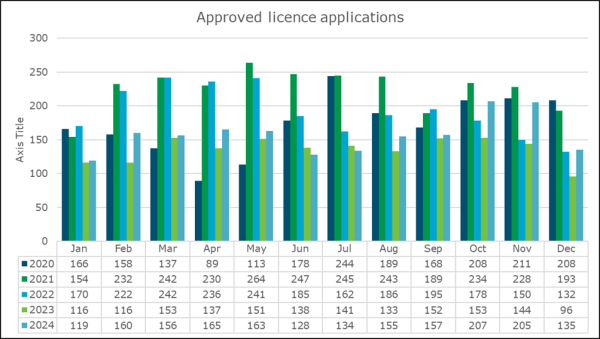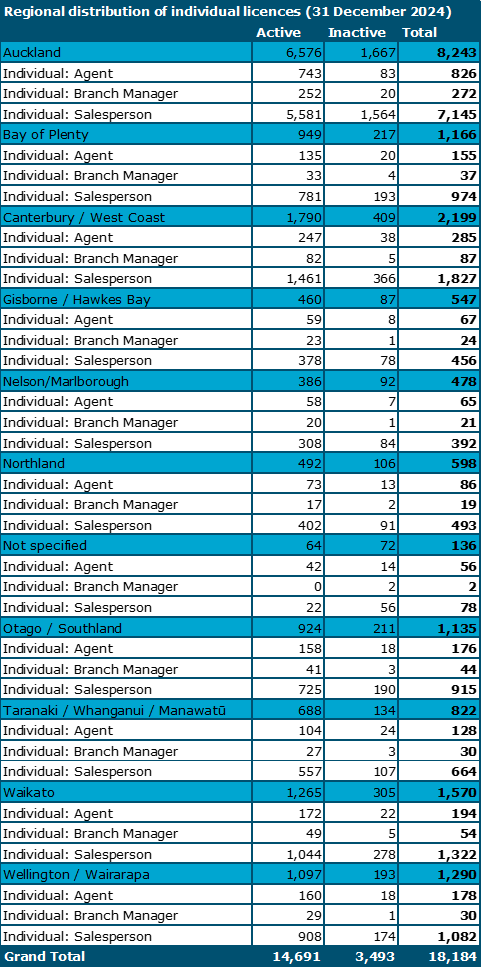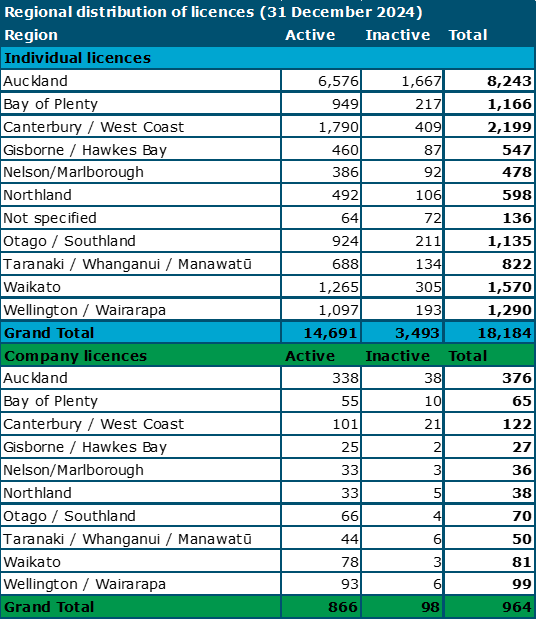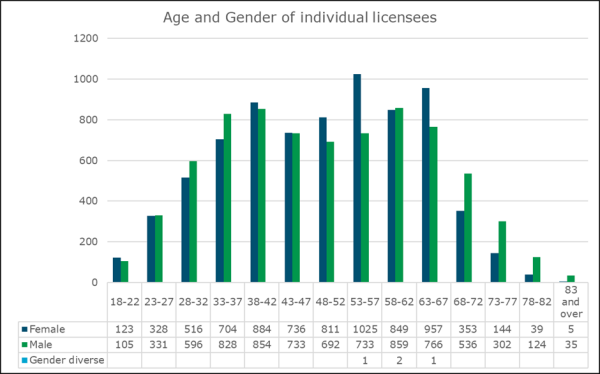PHOTO: FILE
Over the past two years, the number of real estate agents in New Zealand has fallen from 16,648 to 15,557, a drop of nearly 7%. This decline reflects the challenges posed by shifting property market conditions, tighter regulations, and evolving buyer and seller behavior.
Here’s a closer look at why the industry is contracting and what this means for the future of real estate in New Zealand.
OPINION: Who are real estate agent brands to WATCH in New Zealand?
1. Cooling Property Market
After a prolonged property boom, the New Zealand housing market has experienced a significant slowdown. Rising interest rates, stricter lending rules, and economic uncertainty have cooled buyer demand.
- Declining sales volumes: Property sales volumes have dropped as buyers face affordability challenges and sellers hesitate to list in a softer market.
- Impact on commissions: Fewer sales translate to reduced commission opportunities, forcing many agents to reconsider their careers.
According to the Real Estate Institute of New Zealand (REINZ), the number of residential properties sold in 2023 was substantially lower compared to peak years, with some regions reporting double-digit declines in activity.
2. Rising Costs of Living and Doing Business
The increasing cost of living and operational expenses have also impacted real estate professionals. Key challenges include:
- Higher marketing costs: Agents often invest heavily in advertising and marketing campaigns for listings, but with fewer sales, the return on investment has decreased.
- Pressure to cut commissions: Some vendors are negotiating lower fees, adding financial strain to agents who are already facing tighter margins.
- Licensing fees: The annual fees and compliance costs required to maintain real estate licenses remain constant, regardless of market conditions.
For newer agents or those with smaller client bases, these factors have made staying in the industry unsustainable.
3. Competition and Evolving Consumer Behavior
With fewer property transactions, competition among agents has intensified. Many buyers and sellers are also turning to alternative methods to buy and sell homes, including:
- Private sales platforms: Online tools have made it easier for homeowners to sell directly, bypassing traditional agents.
- Flat-fee agencies: Discount brokers offering lower commission structures are gaining traction, particularly in a cost-conscious market.
These trends have led to fewer opportunities for traditional agents, particularly in urban areas where competition is fiercest.
4. Regulatory Changes and Compliance Challenges
Stricter regulations introduced by the government and industry bodies have increased the compliance burden on real estate agents.
- Anti-Money Laundering (AML) compliance: Agents must now adhere to stricter reporting requirements, which has added administrative work and costs.
- Transparency expectations: Sellers and buyers demand more detailed reporting and accountability, requiring agents to stay updated on legislation and best practices.
For some, these increased demands have outweighed the rewards of staying in the industry.
5. A Career Reset for Many
The challenges faced by the real estate industry have led some agents to reassess their career paths. Many have opted for more stable professions or pursued opportunities in related fields, such as property management or development.
Agents who previously thrived during the booming market of the mid-2010s have found the slower pace of sales and reduced income less appealing, particularly as the market has become more unpredictable.
What Does This Mean for Buyers, Sellers, and the Industry?
The decline in real estate agent numbers reflects a recalibration of the industry to match current market conditions. Fewer agents may lead to:
- Increased opportunities for top-performing agents: With less competition, experienced agents may find it easier to secure listings and maintain profitability.
- Improved service quality: The reduction in agent numbers could result in higher standards as the remaining professionals focus on delivering exceptional service to retain clients.
- Challenging conditions for buyers and sellers: With fewer agents available, buyers and sellers may find it harder to secure timely advice and support, particularly in regional areas.
Licensing statistics
REA licensing statistics (10 January 2025)
















